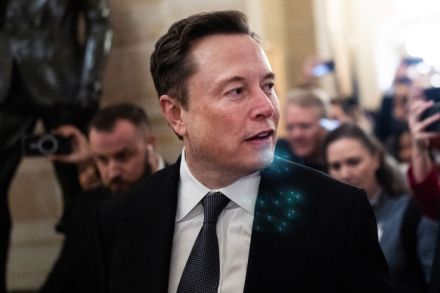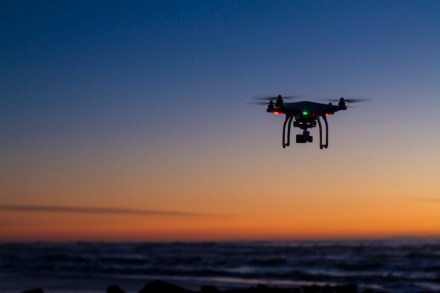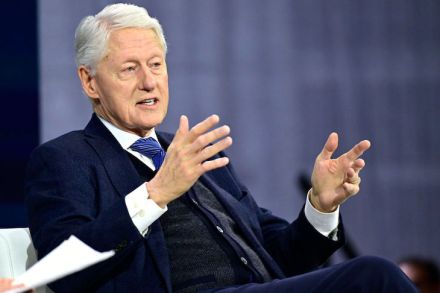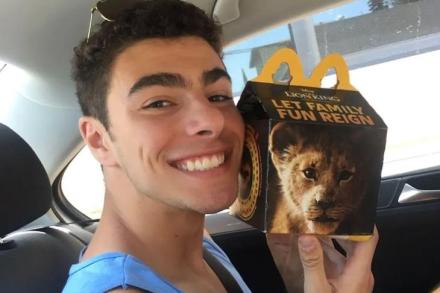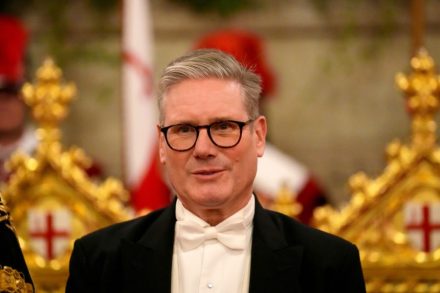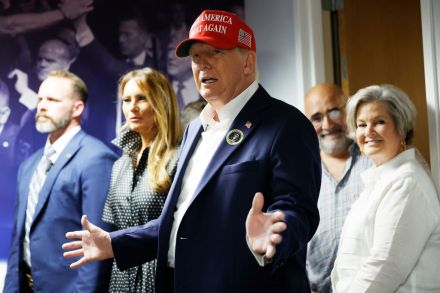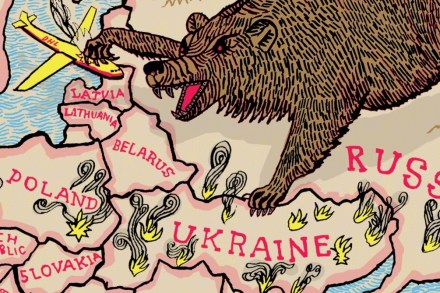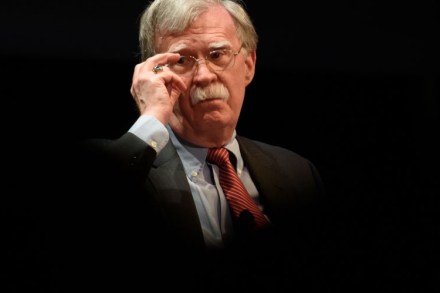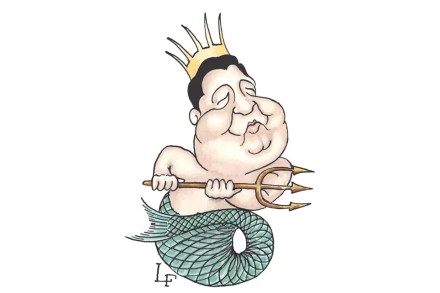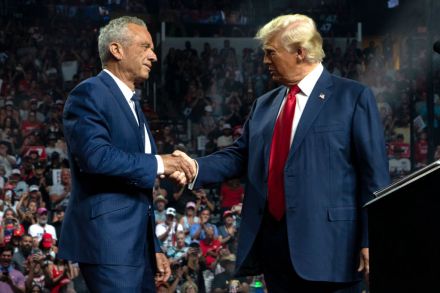Let’s hope Donald Trump doesn’t mess it up
There’s been a ‘vibe shift’. After the resounding victory at the recent US election, at long last things are changing, and heading towards some form of hope and sanity. This Christmas, there’s hope for the future on the right. Is this December 2024 or December 2019? Because the current anticipation for the second Donald Trump term in America is very much reminding me of the similar aura of relief and positivity that followed Boris Johnson’s election win five years ago. And we all know how that turned out. I can’t help feeling jealous of the Americans, because what are we stuck with? One of the few advantages of getting old


